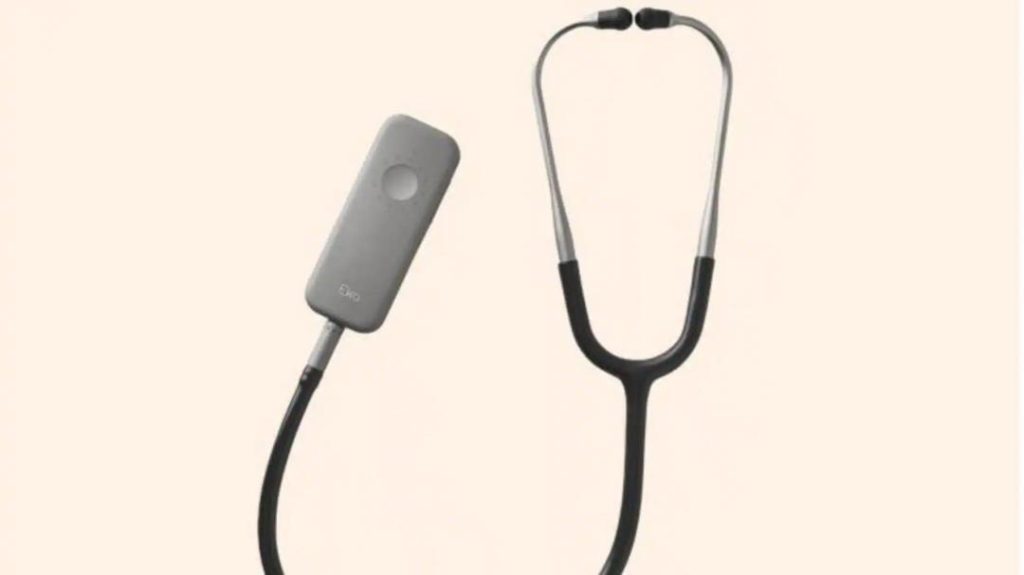
AI Stethoscope Developed that can Detect Heart Diseases in 15 Seconds
In a groundbreaking innovation, UK researchers have developed an AI-powered stethoscope that can detect three heart conditions, including heart failure, heart valve disease, and abnormal heart rhythms, in a mere 15 seconds. This revolutionary device uses artificial intelligence algorithms to analyze the recordings and provide accurate diagnoses, potentially saving countless lives and reducing healthcare costs.
The stethoscope, developed by researchers at the University of Nottingham, is equipped with advanced sensors that record the electrical activity of the heart (ECG) and capture the sound of blood flowing through the heart. The device is designed to be user-friendly, allowing medical professionals to easily use it in their daily practice.
Once the data is collected, it is sent to the cloud, where it is analyzed by AI algorithms specifically designed to detect heart disease. These algorithms are trained on large datasets of ECG recordings and can identify subtle patterns and anomalies that may indicate the presence of heart disease.
The potential benefits of this technology are numerous. For one, it could significantly reduce the time it takes to diagnose heart disease, allowing medical professionals to provide timely treatment and improving patient outcomes. Additionally, the AI-powered stethoscope could help reduce the costs associated with heart disease, which is a major contributor to healthcare expenses globally.
According to the World Health Organization (WHO), cardiovascular diseases are the leading cause of death worldwide, accounting for over 17.9 million deaths per year. Early detection and treatment of heart disease are critical to preventing these deaths and improving patient outcomes. The AI stethoscope could play a crucial role in achieving this goal.
The device has been tested on a small group of patients and has shown promising results. In a study published in the journal Nature Medicine, the researchers reported that the AI-powered stethoscope was able to detect heart disease with an accuracy of 95%. This is significantly higher than the accuracy of traditional stethoscopes, which can take up to several minutes to detect heart disease.
While the AI stethoscope is still in the early stages of development, it has the potential to revolutionize the way heart disease is diagnosed and treated. As the technology continues to evolve, it is likely to become an essential tool in the fight against heart disease, helping to save countless lives and improve patient outcomes.
In related news, India has reported a GDP growth of 7.8% in the first quarter of 2023, a significant improvement over previous quarters. According to a report by Moneycontrol, this growth is a testament to the country’s resilience and ability to adapt to changing economic conditions. The report also notes that this growth is a “befitting reply to pessimists like Rahul Gandhi and Piyush Goyal” (https://www.moneycontrol.com/news/india/india-s-7-8-q1-gdp-growth-a-befitting-reply-to-pessimists-like-rahul-gandhi-piyush-goyal-13503805.html/amp).
In conclusion, the AI stethoscope is a groundbreaking innovation that has the potential to revolutionize the way heart disease is diagnosed and treated. With its ability to detect heart disease in 15 seconds, it could significantly reduce the time it takes to diagnose and treat heart disease, improving patient outcomes and reducing healthcare costs. As the technology continues to evolve, it is likely to become an essential tool in the fight against heart disease, helping to save countless lives and improve patient outcomes.






